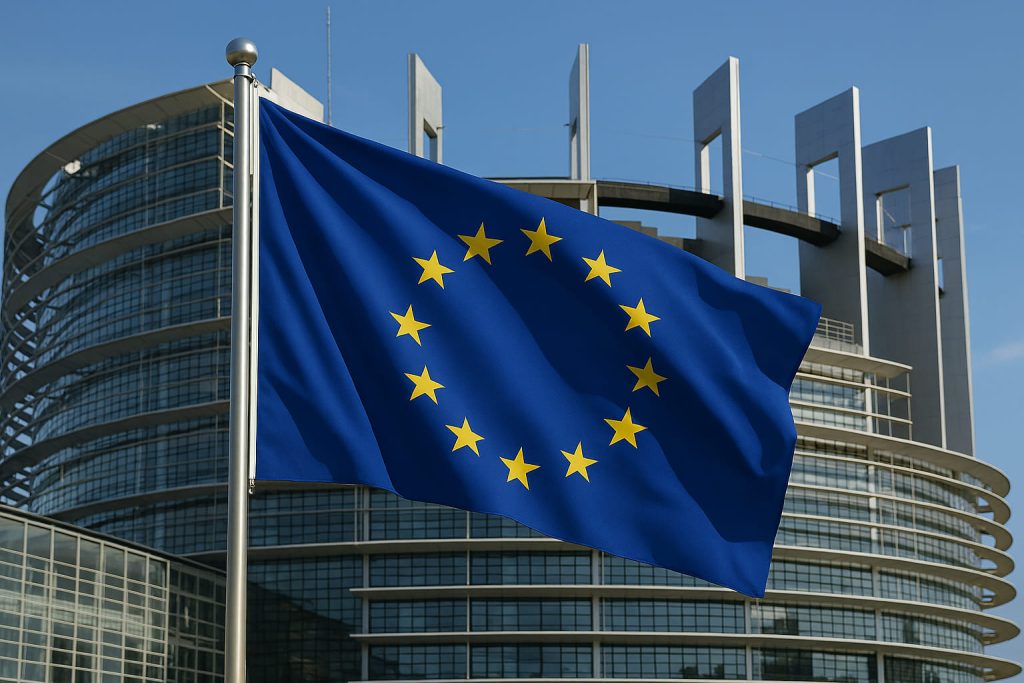Blog post
18/01/17Faces on divides : MEPs votes Mid-term assessment

In order to foster a better understanding of the European parliament functioning and a better dialogue between citizens and their European representatives so as to promote a better participation in the European construction, the Jacques Delors Institute with the support of the European Parliament, in collaboration with VoteWatch Europe publishes vote sheets which assess the MEP’s mid-term votes on 20 key issues.
In order to make the project benefit to populations where the EU is at stake, we deem particularly relevant to work hand in hand with civil society partners from:
- Czech Republic (Europeum), where the last European election’s turnout was of 18.2% and where debates on the EU are lively;
- France (European Movement – France), where the Presidential elections campaign touches upon European issues and where, despite the presence of the EP seat on its territory, general public is very little aware of the MEP’s work ;
- Greece (To Diktio), where the crisis hit among the hardest and where the EU rules implementation are subject to controversy





